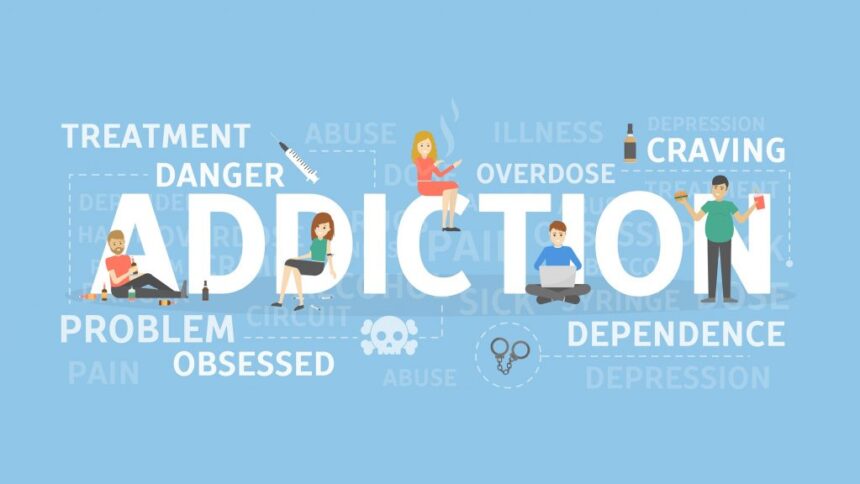The development of drug or alcohol addiction is known to start during adolescence. Drug abuse and addiction among teenagers have typically a greater risk of developing an addiction as they reach the adult age. The prevention and recognition of drug use can end a rising problem before it starts.
There are different ways to guide teenagers about this sensitive topic like setting as a good example to them and having talks about drug use. These strong tools can prevent substance abuse among teenagers.
Drug Experimentation among teenagers
Almost half of the abusers are being affected by drug experimentation during their teenage life – which in fact, plays a big role in drug addiction. However, it is important to remember that just because someone has tried certain types of drugs doesn’t actually mean that they will become an addict.
Common reasons why teenagers are tempted to try drugs could include curiosity, emotional struggles, stress, and desire to escape, or peer pressure. Fortunately, according to data, the number of teen drug addiction and abuse has been seen to have a significant decrease.
Teenage Drug abuse signs
It can sometimes become difficult to tell the difference between a teenager that use drugs and pangs of adolescence. This gives parents a warning to become more proactive in talking to their teens in order to find out what is going on.
Common signs of teenage drug abuse could include, bloodshot eyes, bad grades, laughing for no reason, poor hygiene, and loss of interest in certain activities, avoiding eye contact, unusual tiredness, missing curfew, secretive behavior, and so much more. So it is up to the parents to initiate a deep conversation with their suspected children in drug abuse.
Effective tips every parent should do to get their teen to talk about their drug abuse is by asking an understanding and compassionate questions.
If the teenager or minor admits to taking drugs: for parents, it might not be a good idea to overreact or lash out. This is because this could prevent them from opening about their experiences about drug abuse. Parents should be able to explain how they care about their children’s future. The study shows that teens who feel loved and supported are most likely to stop the drug experimentation.
If the teenager or minor denies using drugs: lying about their drug abuse is only natural so parents should reassure their child that they could help them. If the teen continues to den about his or her drug abuse, but the parents are still suspecting about the aforementioned signs they could seek professional help to uncover what is going on.
Conclusion:
There are different ways to somehow help the troubled teen, such as seeking out professionals such as pediatricians, therapists, and specialists in substance addictions that could help diagnose a teen drug issue. Additionally, there are also different treatment centers like rehabsouthflorida.com that are designated for teens that target the emotional and social issues that led to their drug use and addiction.
Keep in mind that the earlier an addiction is recognized, the easier it is to treat.

